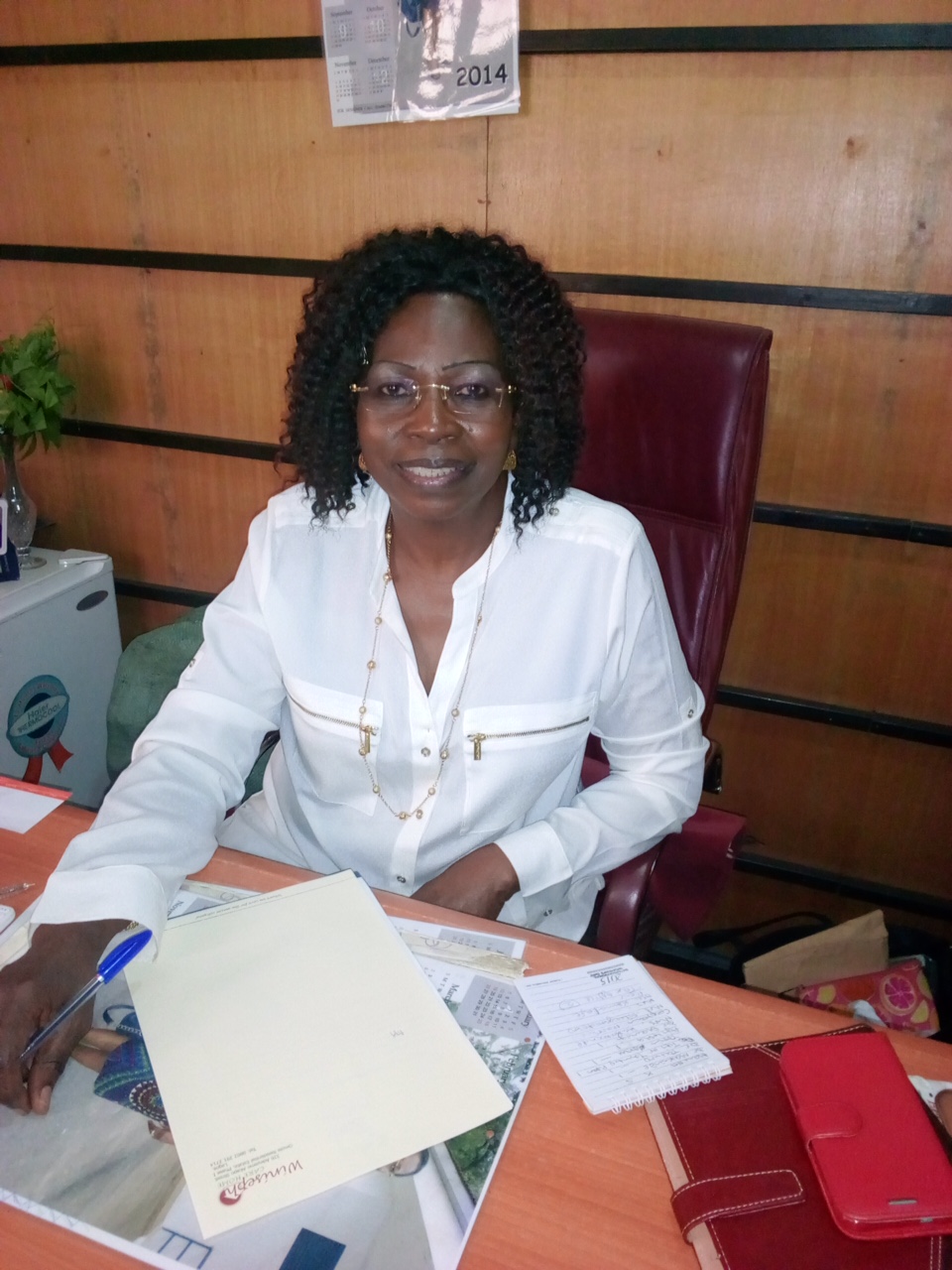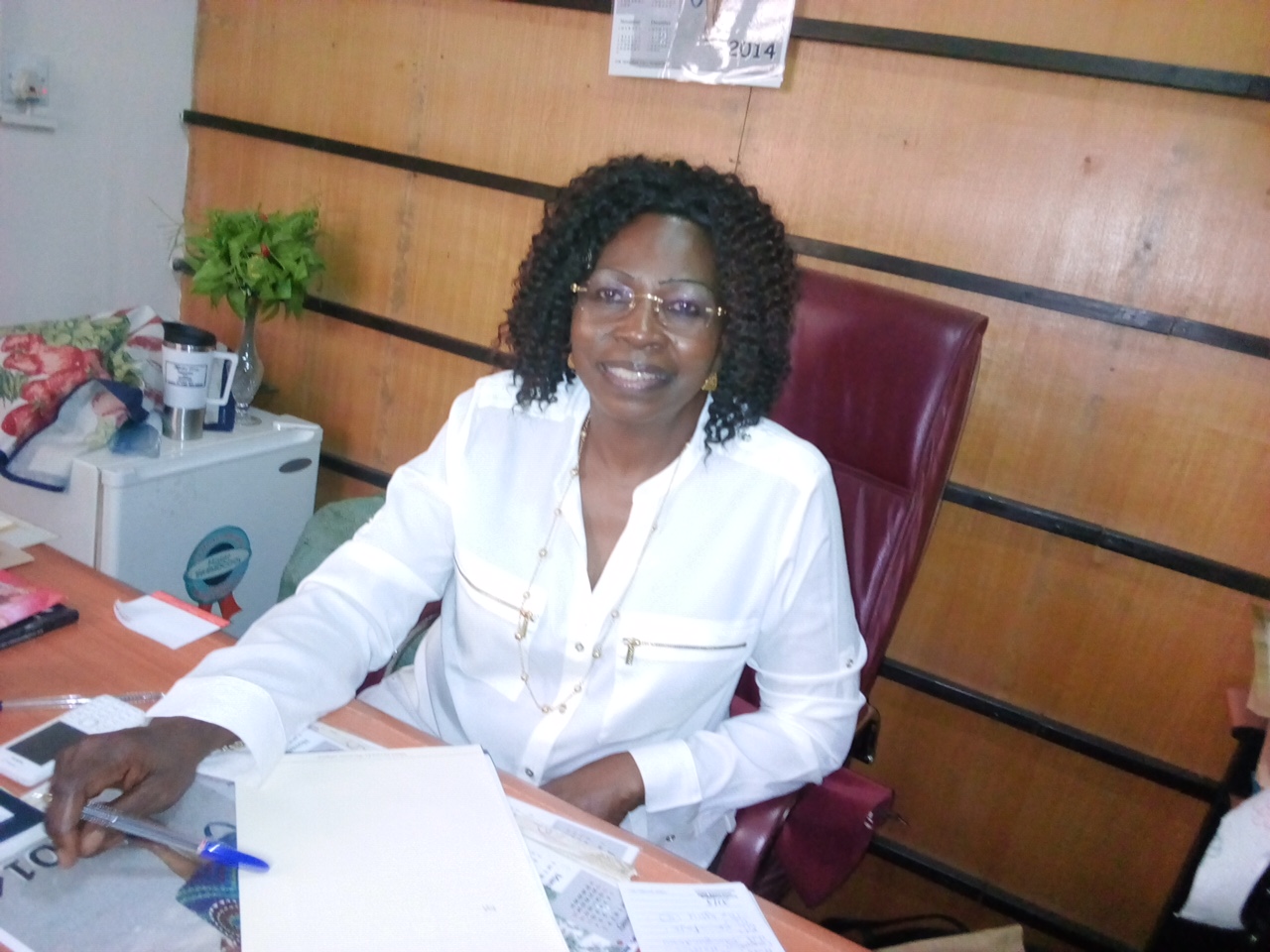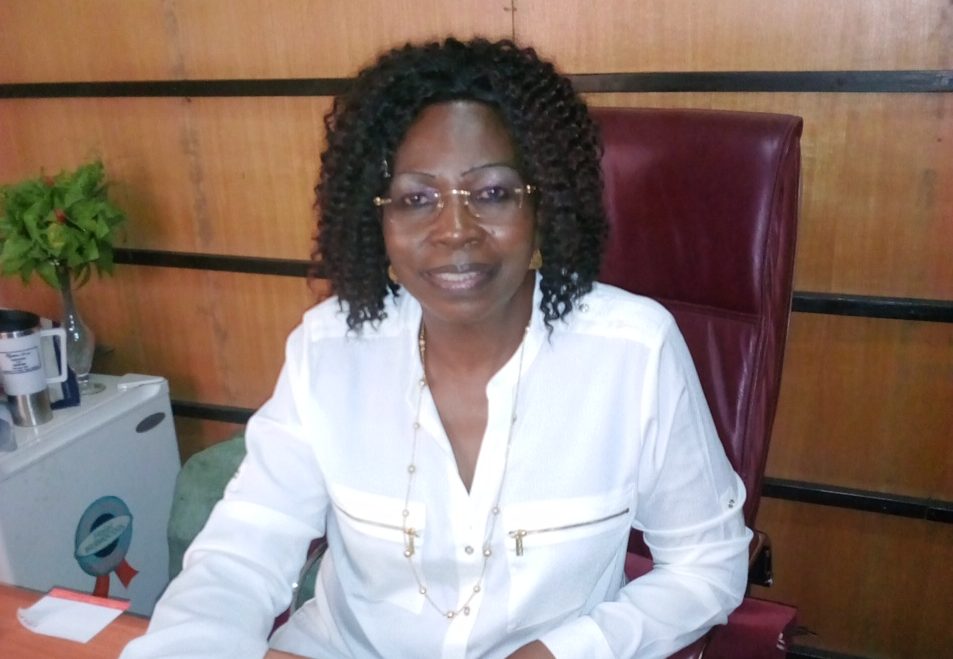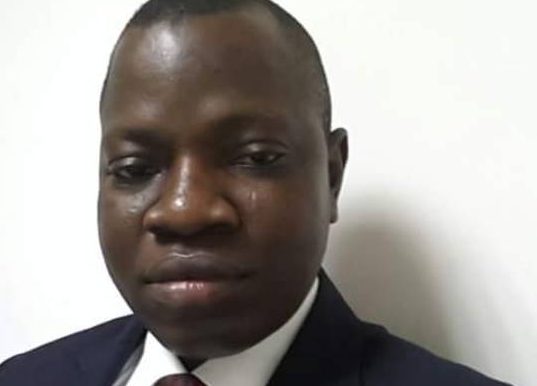The idea of a ‘home’ for the elderly is quite alien to our culture. A few homes for the elderly established by governments and churches exist but privately owned homes are not so popular. Tucked somewhere in the quiet and serene environment in Omole Estate, Phase 1, Ikeja, Lagos, is Winsef Care Home for the elderly established in 2009, by Dr. Kofo Odusote, retired medical director, University of Lagos. In this interview with our Correspondent CHINWE MADUAGWU, she spoke about what led her into such an uncharted path. She also talked about the challenges of caring for the elderly.
TNE: What motivated you to go into the care of the elderly?
To begin with, I’m a doctor basically, but I trained as a family physician. A family physician is a specialised general practitioner that cares for people from birth to grave. That’s the way we describe ourselves. And so my training encompasses caring for the geriatrics, that is, the elderly. But I suppose it was a personal thing that actually brought me into this point today. I had an aunt in – law back then, this was before I retired. At that time, she was 78 and her three children were based abroad; then she had a stroke which took her voice and speech as well as the right side of her body.
She was therefore technically home bound, wheel chair bound and then she couldn’t talk. Even when she recovered from the acute stage of the stroke she was so lonely that whenever I visited her she would not want me to go. She had care; her children abroad were sending money for carers and nursing running shifts. But it wasn’t the same. That got me thinking that these type of people shouldn’t just be left to be alone that perhaps they needed a place where they could go to at least during the day to mix with other people and then return home. That’s when I started researching the idea and I also went to the United States to see how they run their old people’s home. I wanted it as an adult day care centre and it was all because of my aunt. Six months after I retired, I started looking around for a place. Also, I found that there were no such services in here. That’s the background of the Winsef Care Home.
TNE: You said the idea was originally conceived as an adult day care centre, did you ever operate as one before you became residential?
Yes, we actually started it at this same place. We marketed it to churches, mosques, markets anywhere you have a group of the elderly trying to encourage them to take advantage of what we were offering. In fact, at a point we were inviting the elderly from some churches to come and spend half a day with us. But it just didn’t click. People wanted to come, but the major problem was time and movement given the way Lagos is. For instance, a lady bought into the idea but she lived at Ikeja and worked at Lekki and, according to her, she left home about 5am daily and there was no way she could drop her mum off that early on her way to work.
As a way around the problem, I told her that I would be picking her mum from home. So three times a week my driver would go and pick her whether I was around or not and at 4 O’clock, take her back. She was our first client and then another one came from Magodo and half of the time, it was me that would go and pick him. I went as far as going to the local government chairman to solicit for them to support us and sponsor their elderly ones to come to our place. As we were still coping with our few clients, when a relative came to me to ask if she could bring her mum for a brief stay because she had just been discharged from the hospital after suffering from stroke. As at that time we had three beds just in case one of our clients wanted to take a nap in the afternoon. I accepted and she came. Then another one came as live-in.
The others were still coming in for the day but after a while they stopped coming because they were visiting their children who lived here in Lagos. So we were left with the live-ins. But gradually the numbers began to grow and we had up to five but for a long time, we were just static and it was really difficult meeting the financial needs of the place. In the beginning I was using my gratuity to run the place and pay salaries; we had a cook, two carers, and a gate man. I had a Matron who was my deputy but we were not earning salaries but the others needed to be paid.
We struggled on like this for two to three years with maximum of five clients eventually, our children developed a website for us and we were now getting calls even from outside the country. In fact, one of our clients it was the daughter in Canada that found us, and then gradually the numbers increased.
We are not making much money but at least now, I don’t have to use my money to subsidize the place though we are still not able to pay the rent, from what they pay. This is a small place because the idea is that depending on how things go we can expand but right now the maximum we can take is 14 and we have 13 live-ins.
TNE: The idea of old people’s home is alien to our culture. Would you say it has been accepted now?
I would say it has. People are now realising that there is a need, an unmet need. In fact, that was why I started with the idea of day care because of the stigmatisation. You know, people might discourage those who are interested by saying things like ‘you dumped your parent at an old people’s home, you cannot take care of your parent.’ This was even why I didn’t call it an old people’s home. I call it Winsef Care Home for the elderly. So that’s why I wanted a day care. That one people would not have a problem with. In fact, one can even boast that their parent goes to a day care. But then people started calling and you could see the challenges people face with caring for their elderly ones at home.
Some people can be in their 90s and still be able to do things for themselves. A friend’s mother was 97 last July and she can walk around her compound unaided. In fact, she tells her children that she wants to go to the market. There are some people who are lucky. But some are not. I have people here who are under 70 and they already have Alzheimer’s so those are the ones who are difficult to care for. Out of the 13 live-ins I can say that about seven of them have one level of dementia or the other. Some don’t even recognise their children when they visit. If you have such a person at home, getting housemaids and carers is always a problem.
A friend of mine brought her mum here and at the point she brought the mum, she was looking older than the 84 year old mama. She is an only child and mama was staying with her. Mama was difficult even without her dementia so you can imagine what she was like with dementia. When my friend gets house helps, within days they are gone and when they leave, she can go anywhere because there will be no one to take care of mama. She was under so much pressure that when she found us, she said to me ‘you saved my life.’
Though, according to her, when she first brought the mother, her uncle accused her of dumping his sister at an old people’s home and of not being a good child. She told her uncle who was about 84 years then that if he was willing to let mama live with him for a month in the year, she would take her for the rest of the year. But he didn’t accept. Eventually though, the uncle came to appreciate the step she took and would thank us for taking care of mama whenever he came to visit her. That mama came to us at 83 and died at 87.
At mama’s Christian wake, my friend without feeling ashamed acknowledged the contributions we made in caring for mama because she told the crowd that if not for our ‘home’ mama may have died earlier than her 87. As a matter of fact, she has referred some clients to us.
There are, of course, people like my aunt with all their children out of the country, they are alone in the house but a place like this helps them to have company so they are not so lonely. In fact, we have one mama here who came in a few months ago; mama lived in a big house, the children had an elderly woman looking after her at home but they discovered that the woman caring for her brought all her family members to live at mama’s house. She had literarily taken over the house and was not paying much attention to mama. The children drove the woman and her family away, locked up the house and brought mama here to stay until they think of what next to do. These are some of the reasons why people come to us.
The culture will probably change as we develop more in this country. Everybody is busy and the days of having extended families staying around and helping out are getting over. If as one gets old and he/she is not sick, there really won’t be any problem.
READ ALSO: SPECIAL INTERVIEW: Increase in suicide dangerous for Nigeria’s economy –Dr. Ogbolu
TNE: When and if any of your clients fall sick, what do you do? Who takes the responsibility for their care?
We tell them from the beginning that this place is not a hospital. If your mum is leaving with you at home and she falls ill, what would you do? Of course, you will call a doctor or take her to a hospital and that’s what we do. If they have malaria or something not serious, since I’m a doctor, I take care of that but if one is a diabetic and something is wrong we will invite a specialist to come here and if it is something we cannot cope with they will go to the hospital but we will inform the family that this is what is happening and it will be better if they go to the hospital.
In fact, the only bed space we have now is because the baba that was staying there is in the hospital. His daughter came from the UK and he would be better off in the hospital. I stress it to clients that this place is not a hospital. Any illness you cannot treat in your own house I don’t handle it. Occasionally, we’ve had to set drips when they have diarrhoea and are weak. Apart from these, the family takes care of their health. We state that in the agreement.

TNE: So what’s a typical day like for your clients?
Usually when they wake up in the morning those who cannot help themselves are given their bathe by the carers. About 8am, the ones who can go down to the dining room for their breakfast because we like them to sit together. After that, they walk around; this would be about 10 – 10.30am. Then one of our neighbours whom we call baba Winsef come around to have morning devotion with them. They start around 10.30am and finish about 11.30. Then they have some snacks and drink. After this they just relax. Those who can play ludo, some play the traditional ayo, draft and recently we introduced bead making.
Lunch is usually between 1.30 and 2p.m and they are free to watch television or nap or just doze on their chair. About 4pm we give them fruits and in the evening if it is not too sunny they could go out again. Dinner is at 7p.m and that’s how the day goes.
TNE: Human beings can be difficult even at the best of times. Have you had the difficult and perhaps cantankerous ones and how do you cope?
Oh yes we have. However, we have trained and continue to train the cares over and over because I’m not here all the time, on how to deal with the difficult ones especially the ones with dementia. One of the problems with those suffering from dementia is that they are always accusing people of taking their things. They are either accusing the carers of stealing their money or they would be cursing them. But we had to make them realise that the person accusing them or cursing them doesn’t really know what they are doing, they should not take offence.
Some time ago, we had a situation where the staff had to call matron and I from a wedding ceremony. It happened that one mama had messed herself up and refused to be cleaned up. If the carers came close to her she would try to bite them and I have told them not to use force on them. She sat in her mess and had breakfast. They called matron and I and we left the wedding, it was at Igbobi College, and drove down. When we got here, everywhere was smelling and I had to shout on her. But eventually several of us joined hands to get her cleaned up. Basically, we just try and be patient with them.
Sometimes though, the carers may snap. In fact, I had to fire one of the carers because in an attempt to get one of our clients to comply she dragged him and in process she left a bruise on her arm. They can be difficult but we try to make them understand that they are not really in control of their actions most of the time.
TNE: Are your carers trained in the medical field or you employ anyone and give them some basic training?
We have some who are trained as auxiliary nurses but there are some who came to us as cleaners or messengers and have been with us for many years. These, the matron gives some basic training on how to care for the elderly and how to give them baths and then we promoted some of them to the position of carers.
We used to run three shifts but have reduced it to two shifts because the staff said they didn’t want to be coming to work late in the night for safety reasons. With the two shifts, the morning shift resumes at 8am and closes by 5pm and the night shift takes over. In every shift, we make sure there is an auxiliary nurse on duty who can at least recognise when there is a problem.

TNE: How long has your longest resident client stayed?
The longest resident has been here for five years and his family is quite satisfied with the care we are giving. He is the only one with a single room to himself and he cannot move around.
TNE: What’s the relationship between you and the family members of your residents like?
Usually 90 per cent of the times we have a very warm relationship. The few that have died, their family members brought us the ankara for and we attended their funeral. Since they are not that many here, we know their families and when they pass on, we still keep in touch and some of them have referred clients to us.
However, we have had a few cases where the family members are impossible. What keeps us going is that the majority appreciate us and what we do. That makes it worthwhile.
TNE: Has any of your residents ever died here?
Yes they have. Over the years, I think we have lost about four or five of them. Like I said they are old. Sometimes they will stop eating; they just close their mouth when you want to feed them. I remember one woman whose son was a colleague working at LASUTH; when the mother stopped eating we had to call him to inform him and to know what he wanted us to do. He simple told us to let her be with whatever she was willing to eat. Within a week, mama passed on. She wasn’t sick or anything, it was just time for her to go.
TNE: Have you ever been accused of negligence by any of your clients?
Yes. The Baba that I told you was in the hospital had his children scattered all over the world but none of them was in the country. The man couldn’t move. Sometime he would get very aggressive and try to get off the bed and I didn’t have carers that could go one for each person. One day, the Baba tried to get up and before anybody could get to him, he fell and had some bruises on his face. Coupled with that, he had some bed sores because he had been bedridden. When someone came to visit him, they took his picture and sent to the children abroad. It was like all hell was breaking loose. The daughter living in the U.S.A was quite calm about it but the one in London wasn’t quite nice to us on the phone. She kept on and on and said so many things forgetting that Baba had been with us for two years. Eventually, she came and said she wanted to take him to the hospital and I said okay.
Meanwhile, the lady works in an old people’s home in London and knows the problems associated with being bedridden. There is a saying that the client is always right so we kept saying sorry not arguing or trying to make a case for ourselves.
TNE: What would you say is your greatest challenge?
Finance is our greatest challenge. The clients cannot pay economic rate. It’s been a real challenge having to do what we need to do and having enough to do it. We are managing to pay staff salary. I am not on salary yet. It is only my driver that gets paid.
My children who are into business have given me a business model and what I should charge per person if we are to break even. According to the plan, each person should pay at least N150, 000 but we have never been able to charge that. When we started in 2009, we were charging between N60, 000 and N70, 000 just to encourage people to come. Up till today we have not been able to charge the N150, 000. The maximum anybody pays in this place is N130, 000, and there are about five people paying that. If you add everything together we get about N1.5 million and out of this we pay a monthly salary of N850, 000 and the feeding of the clients is inclusive in the money they pay.
In fact, my accountant says I am not doing business and I know that. It may not fully be a charitable business, but it is not a paying business either at least for now but I am happy doing it. A few people have come to seek my opinion and advice on how to run such a business. A couple of years ago, a lady from the U.S.A came with her husband for advice. I told her there’s a future if she could be patient without expecting to start making money immediately. The husband who happened to be an accountant said he was giving her six months after which if the business does not start yielding money they will have to rethink what they were doing.
About a year later, somebody came here looking for a home for her husband who had been bedridden for about three years and she was directed to the place on Adeniyi Jones. When she got there, it turned out that the place had been converted to a guest house. If you go into the business thinking that money will start flowing immediately, you’ll be disappointed. But I still strongly believe that there is a future, with the inquiries we have been getting, people wanting to bring their elderly, the future is bright.
TNE: You said people have been coming to inquire about how to start their own ‘homes’ or whatever they may wish to call it. Do you feel threatened by the fact that more people are getting into the business?
Not really. About one or two have recently opened and I have referred clients to them. We can’t have more than our bed space. I think there is a need even for more.
TNE: In a couple of years where do you see your business?
I see us in a bigger place with bigger grounds, taking in more clients and generally, in our little corner offering this service which I think is something that is needed. I am hoping that with time people will appreciate and be able to pay the commensurate fee for the care we offer.











